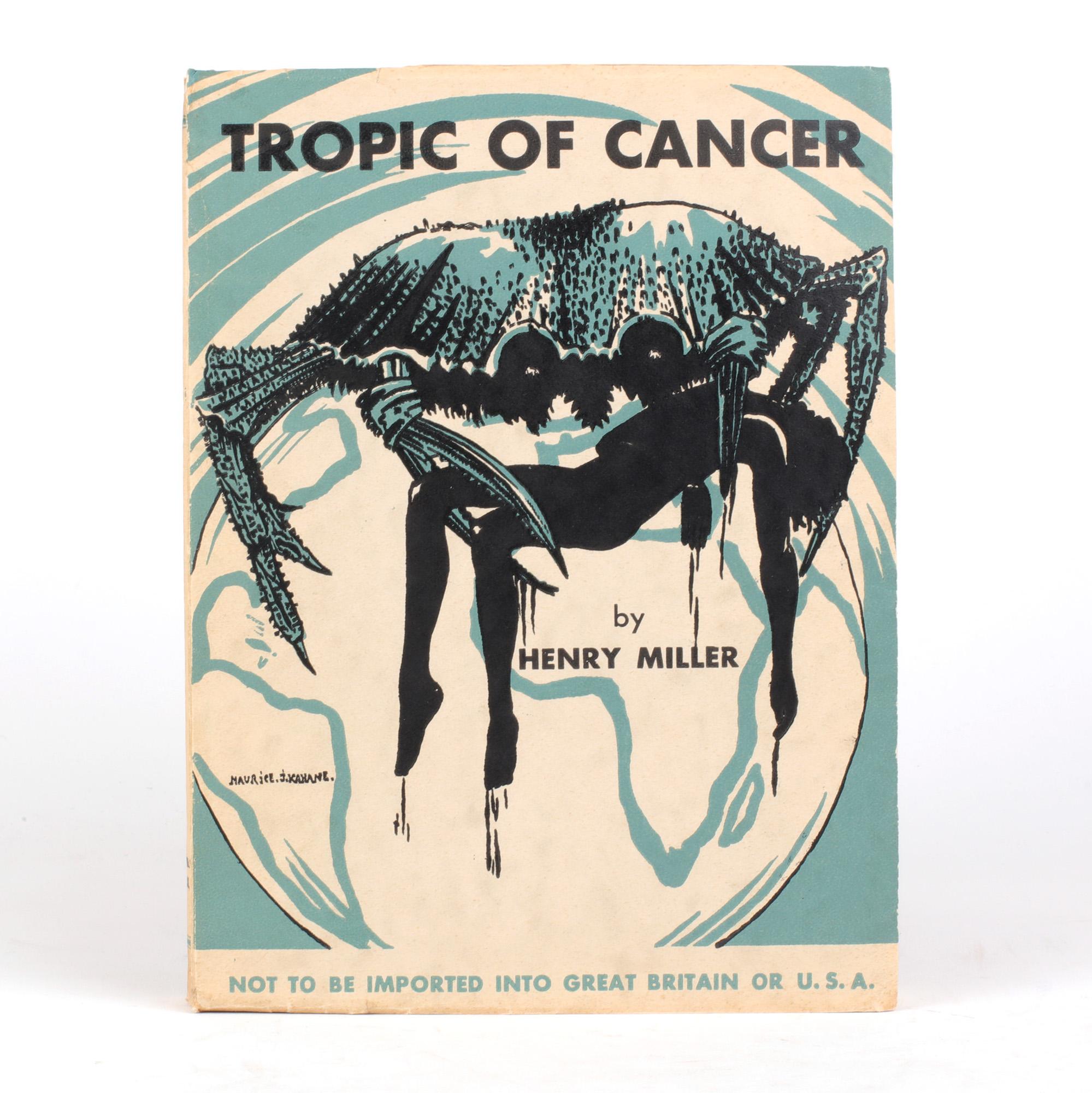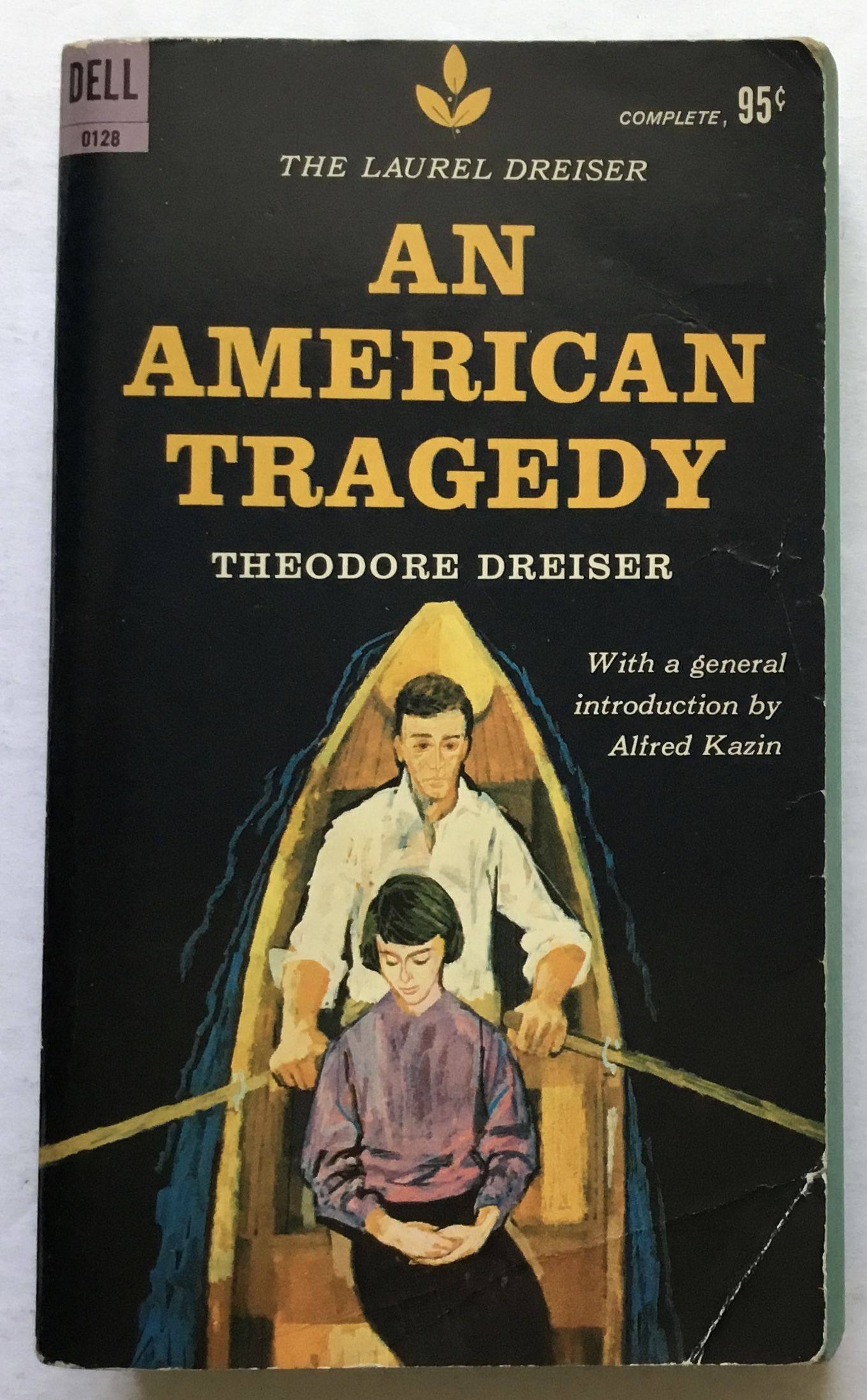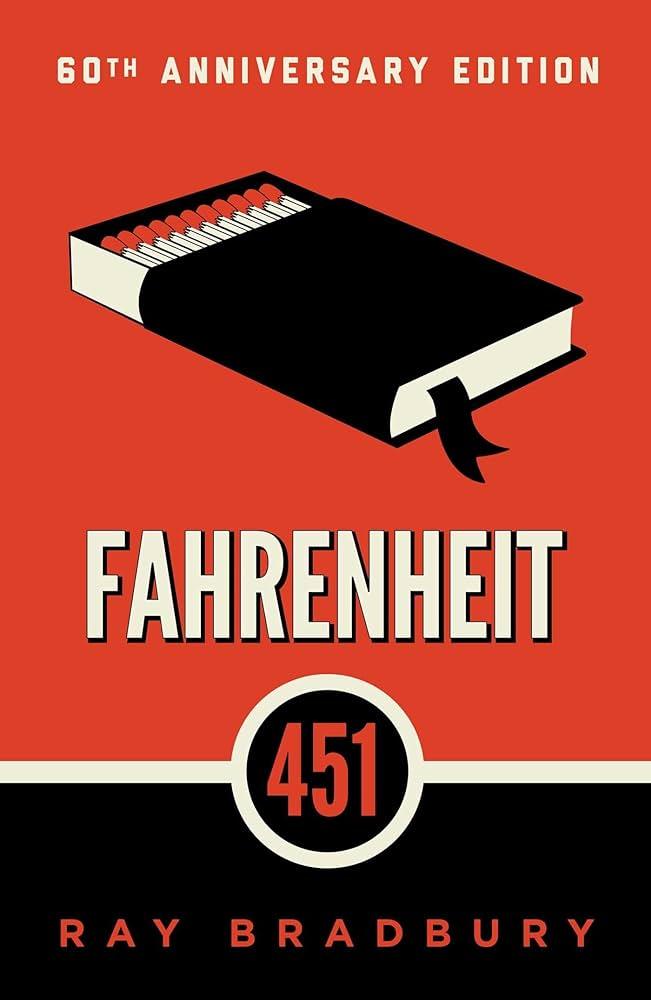Lifestyle
Existential Reflections - Is It Worth Reading Books

Henry Miller's Tropic of Cancer is often hailed as a groundbreaking work that pushed the boundaries of literature, diving deep into existential themes and the raw realities of human experience. For readers who crave exploration beyond the confines of societal norms, this novel can be both provocative and enlightening. But it raises the question: Should we read books that challenge the conventions of society?
At the core of Tropic of Cancer is a reflection on existence, the pursuit of personal freedom, and a rejection of social expectations. Miller’s language is unfiltered, often shocking, as he delves into the human psyche, tackling taboo subjects with unapologetic honesty. His exploration of life’s more unsavory aspects—poverty, lust, and existential crisis—paints a picture of raw humanity that many readers find jarring, but undeniably authentic.
While some argue that books like Tropic of Cancer can be too abrasive or offensive, it is exactly this unrestrained portrayal of life that resonates with readers seeking authenticity. The novel's introspective nature encourages readers to reflect on their own existence, asking them to confront uncomfortable truths about society and themselves. Miller's refusal to adhere to literary or social rules invites readers to question the very fabric of societal norms and the cost of conformity.
However, with such boundary-pushing literature comes the responsibility of discernment. Not all readers may be prepared to face the controversial themes present in Tropic of Cancer. The novel’s explicit nature might alienate those who prefer more traditional, polished narratives. Yet, for others, it offers a liberating escape into a world where literature becomes a means of breaking free from the chains of convention.
In reading books like Tropic of Cancer, we are reminded that literature serves not just to entertain, but to provoke thought and reflection. It challenges us to question our beliefs, societal structures, and personal limitations. Ultimately, whether one chooses to read a book like this depends on their willingness to step outside comfort zones and engage with ideas that might make them uneasy.
In conclusion, Tropic of Cancer is not for everyone, but for those willing to engage with its bold existential reflections, it is a powerful, eye-opening experience. The real value in reading such works lies in the conversation they spark—about who we are, what we accept, and how we define the boundaries of our existence.










